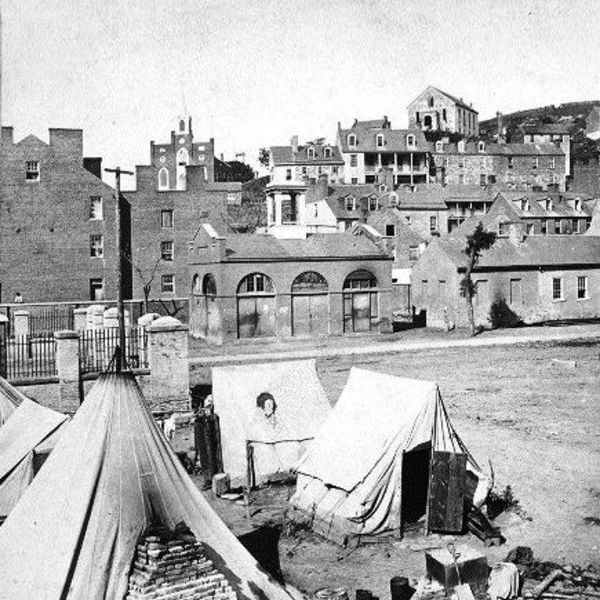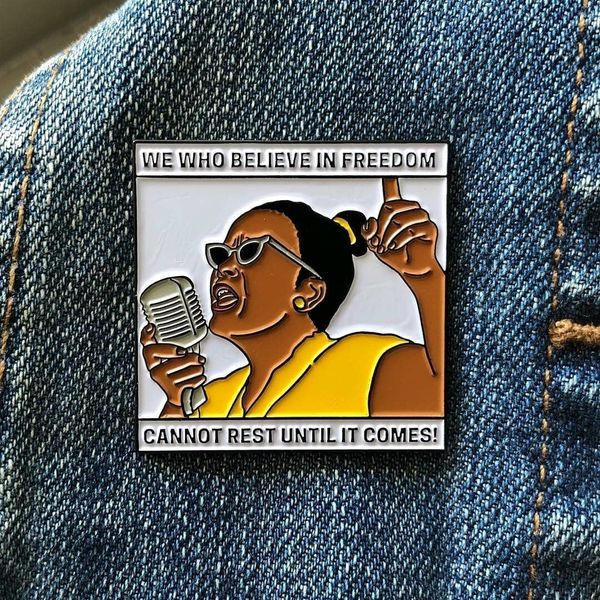Black History Month is upon us, and we always commemorate important and iconic figures, such as Martin Luther King Jr., Rosa Parks, and Rev. Jesse Jackson. However, there are multiple other figures of in Black History that usually go unnoticed, or are not talked about. I will be focusing on one: Robert Smalls.
Born in 1839, Robert Smalls was an African-American born into slavery in Beaufort, South Carolina. He was favored by slave owners and treated better than other slave children, but his mother exposed him to labor and had him watch slaves get whipped so that he learned "... the horrors of the institution into which he was born.
His master, John McKee, sent Smalls to Charleston, SC to work as a waiter, ship rigger, and sailor, all his earnings going back to McKee. After some negotiations, Smalls got his own pay and worked on the CSS Planter. He met his wife, Hannah, at her owner's hotel. They were able to settle down in an apartment and have children, but did not have the money to purchase their freedom.
The CSS Planter would become the vessel of his freedom along with his family and twelve other slaves. On May 13, 1863, Smalls sailed the ship to a Union blockade, surrendering it to the Union Navy. His actions was credited to influencing President Abraham Lincoln to allowing African-American soldiers in the army.
On top of recruiting African-Americans for the Civil War, he became the first African-American in history to hold a rank in the United States Navy by becoming Captain of the CSS Planter, a Union war ship now.
After the war, Smalls went into politics as a Republican. He participated in both the House of Representatives and the South Carolina Senate. He served in Congress for 21 years.
Another milestone in Smalls' life was his introduction of South Carolina's first free and compulsory public education system in the United States.





















